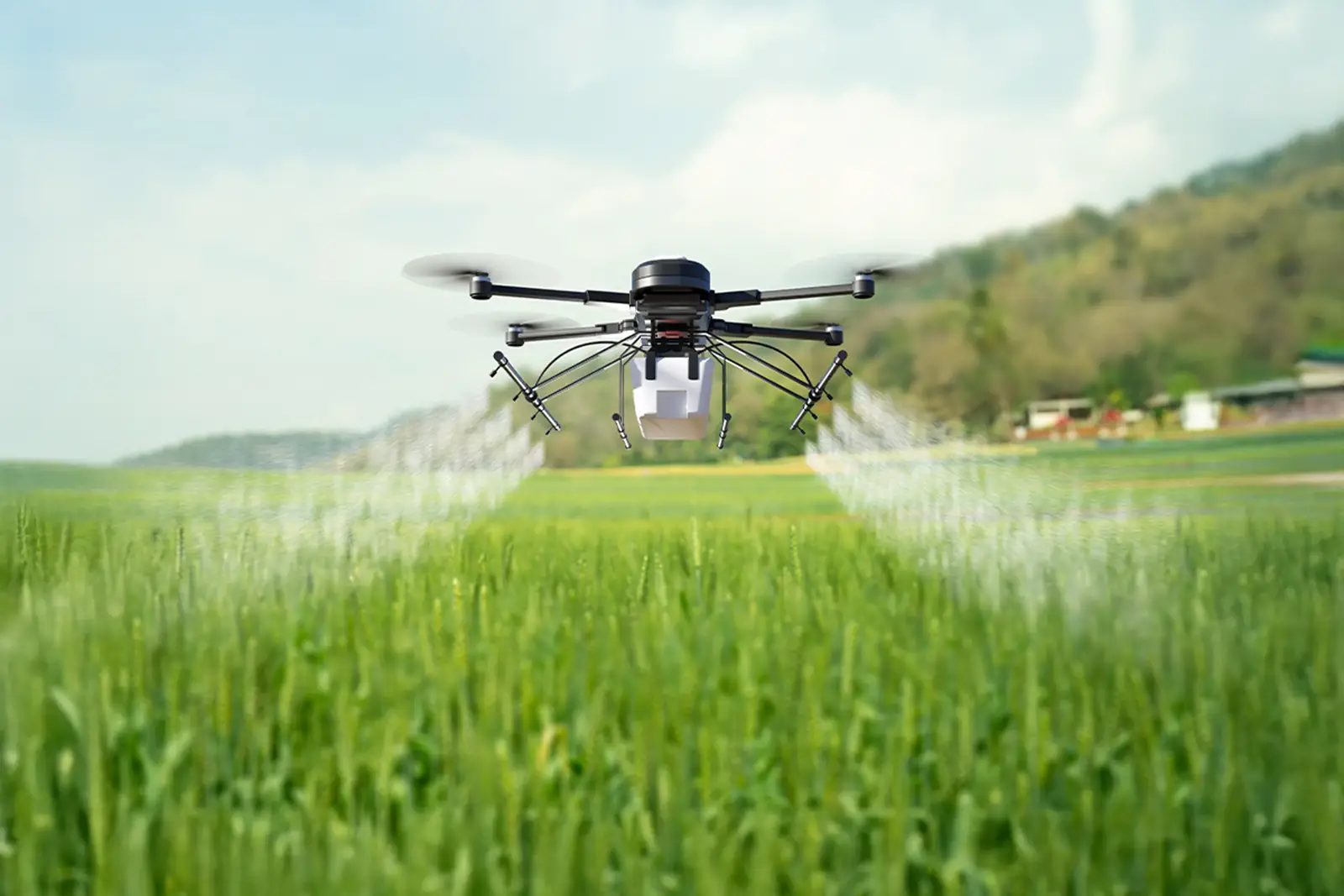Understanding customers’ needs is the key to a successful business, and the agrochemical industry is no exception. Farmers must collaborate with various stakeholders, including agri-input companies, to ensure successful cultivation. These agrochemical companies must provide distributors with sufficient stock of the specific product that will have high demand. On a related note, the per-acre yield is determined by multiple factors, of which the use of agrochemicals is essential.
With the increasing population and demand for sustainably grown food, the future of the agrochemical industry looks promising. The global agrochemicals market, which was pegged at USD 221.38 billion in 2021 is estimated to touch USD 286.08 billion by 2030, increasing at a CAGR of 2.89%, according to Straits Research.
Challenges faced by agrochemical companies
- Regional-level crop analytics : One of the biggest challenges faced by agrochemical companies is the lack of an accurate analysis of diverse regions to determine which plot would benefit the best from their product. Further, as the farmland in developing countries is fragmented, it becomes difficult for agrochemical companies to reach out to smallholder farmers.
- Manual collation of information in demo farms : Agrochemical companies use demo farms to educate the farmers about their products, new agricultural techniques, crop growth, crop nutrition, etc. However, collecting information and data manually at ground level across regions is tedious and error-prone. Using only pen-and-paper or elementary tools for data acquisition and processing is not effective or quick. Farmers who participate in demo farms go unnoticed, and the company loses potential customers, affecting their RoI.
- Lack of ground-level information : Agrochemical companies may not have ground-level intelligence such as crop under cultivation, climatic conditions, accurate yield estimation, and the crop sowing dates to ensure the required product is available at the right moment. The above information is essential for forecasting demand for their products. The stock produced is converted into sales only if it is available in the market where there is a demand for it. This can be achieved only when companies can use historical information with present-day data and precisely estimate demand and enable distributors and retailers.
- Retaining farmers' loyalty : Competitors battling for farmers' attention make it hard to retain farmers' loyalty. They cannot design an effective engagement strategy in the absence of farm-level intelligence. Such a strategy will benefit farmers, the agrochemical company, and their dealers/distributors and retailers.
- Lack of real-time data : The absence of real-time data such as weather conditions, pests and disease, availability of soil nutrients, and water stress levels affects agricultural productivity. This goes a long way in demand prediction and empowering the distribution channel.
Thanks to digitalization in agriculture, today these barriers are being overcome through the adoption of technology. Cropin, a leading Agtech company, has developed a unique intelligent cloud platform to address the needs of the Agri-industry and transform its businesses. Smart Farming has helped agrochemical companies to penetrate deeper into the market with well-designed go-to-market strategies. These are based on the accurate ground-level intelligence procured with the help of Artificial Intelligence, Machine Learning, weather updates, satellite monitoring, and cloud computing.
Cutting-edge intelligence provides data-driven insights on
Crop detection and acreage estimation
Hyper-local pixel-level farm intelligence
Identify crop signature
Identify crop health and growth
Value delivered
Insights at a fraction of the traditional cost
Minimal manual effort and intervention
Error-free data collection
Enabling dynamic marketing strategy designing & supply chain activities
Increased ROI
Upping the game
Rainforest Alliance, a leading international non-profit organization, partnered with Cropin to develop a future-ready artificial intelligence/machine learning-based predictive solution called CocoaSense, with a target to triple the average yield of Ghanaian cocoa farmers to 1500 kilograms per annum.
- A lack of insights into the acreage
- Manual crop yield estimation
- Large-scale crop loss due to climate change impact
- The emergence of newer pests and disease
- Inconsistent yield
- Error-prone data acquisition methods
- Lack of compliance and certification
- Inadequate monitoring
Benefits post digitalization
- Package of Practices (PoPs) was shared with farmers
- Alerts helped prevent Black Pod disease with 74% accuracy
- Weather-based advisories promoted climate-smart agriculture
- Improved economic health of farmers
- Enhanced farm health, yield outputs at the plot level








